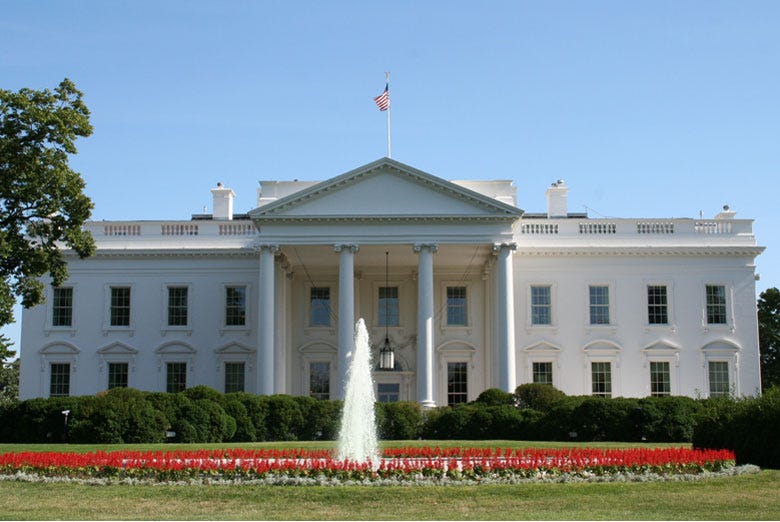Media coverage of women POTUS candidates still lacking
Just as Iowa’s persistent wage gap shows that we have much work to do to achieve equality at work, media coverage for 2020 thus far shows little sign of improving on the gender-biased 2016 coverage.

“All men and women are, by nature, free and equal, and have certain inalienable rights….” -Constitution of the State of Iowa, Article I Section 1
We Iowans have always prided ourselves on fairness. Our state Constitution begins its Bill of Rights by declaring that all of us are by nature equal, and our state has often made manifest this commitment to equality. We count among our proofs that Iowa was among the first states to recognize interracial marriage, same-sex marriage, and women’s property ownership. We also boast the country’s first public university to admit women; Arabella Mansfield, its first female attorney; its first official LGBT student organization; and Julia C. Addington, its first woman elected to public office.
Soon, Iowans may again lead the way toward electing a first woman, the first woman President. In 2016, we became the first state to support Secretary Hillary Clinton, the first woman to be nominated for President by either major party. With an unprecedented six women running for the Democratic nomination, we may well support another female nominee in 2020.
Despite this commitment and potential, we remain far from offering a level playing field to both men and women. Just as Iowa’s persistent wage gap shows that we have much work to do to achieve equality at work, media coverage for 2020 thus far shows little sign of improving on the gender-biased 2016 coverage. It has unduly focused on the men who are running, and in some cases, on men who are not yet running and may not run.
The two candidates whose campaign announcements received the most attention by far were Senator Bernie Sanders and former Representative Beto O’Rourke. As the 2016 second-runner, the Sanders coverage is expected. That O’Rourke received twice as much coverage as the leading female candidate, Senator Elizabeth Warren, is a bit mystifying for those of us who remember the 2015 “Run Warren Run” campaign that led Warren to repeat, mantra-like in her media appearances, that she was not running for President.
Quantity is not the only factor that matters. As in the past, when female candidates receive media attention, it is often shoddy. Coverage of powerful women focuses on their clothing, questions their “likeability,” downplays their accomplishments, and ignores their interests and personalities compared to even puff pieces on similar men--incidentally making them less “likeable.” This uneven coverage provides cover for outright misogyny and helps drive negative opinions of women to spike when they seek promotions. Our state believes that women should have an equal chance at any job, but our media continues to give the women running for President different, harsher job interviews.
Iowa included equality in our Constitution decades ago and ratified the federal Equal Rights Amendment more than 45 years ago. It has been 35 years since the first female nominee for Vice President. It is long past time for our journalists to step up and provide fair coverage of both the men and the women running for our nation’s highest office.
As always, our institutions are only as accountable as we make them. Journalists have an important role as an independent actor in our democracy, and they sometimes need to be reminded that their coverage is not just a paycheck and a deadline but also a public service. They should not reflect biases or reinforce the glass ceiling, but model good behavior and give an even-handed presentation of our candidates’ characters, achievements, and ideas.
When you see news or an opinion piece that falls into one of the patterns that plague women, speak up. Send a letter to the editor. Write your own opinion piece. Engage privately with the journalist or editorial writer in question. Most have public email addresses and welcome respectful, constructive criticism. But do not silently acquiesce. As Geraldine Ferraro put it, "We've chosen the path to equality, please don't let them turn us around."
Kelcey Patrick-Ferree and Shannon Patrick live in Iowa.
Originally published in the Iowa City Press-Citizen on April 12, 2019.

